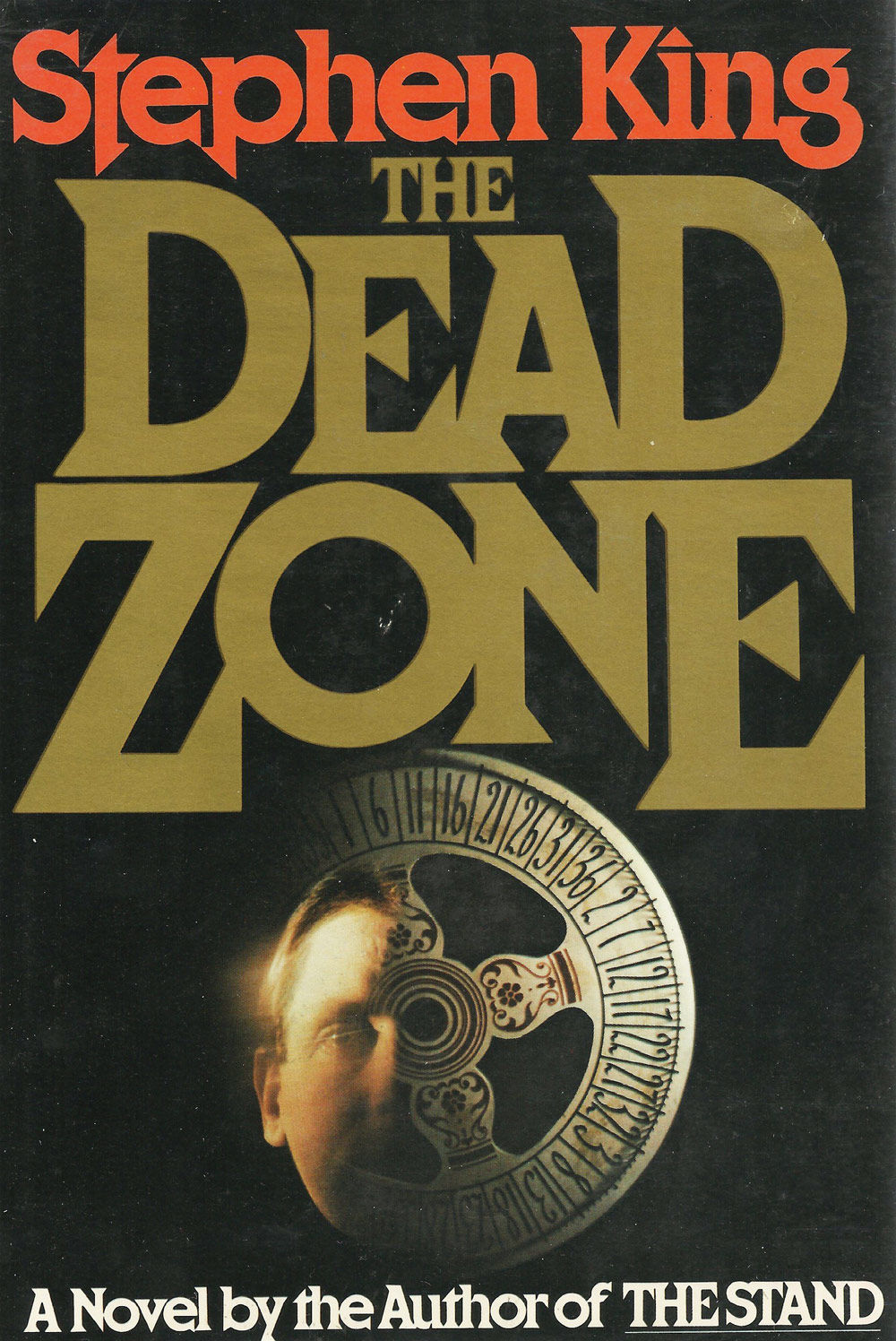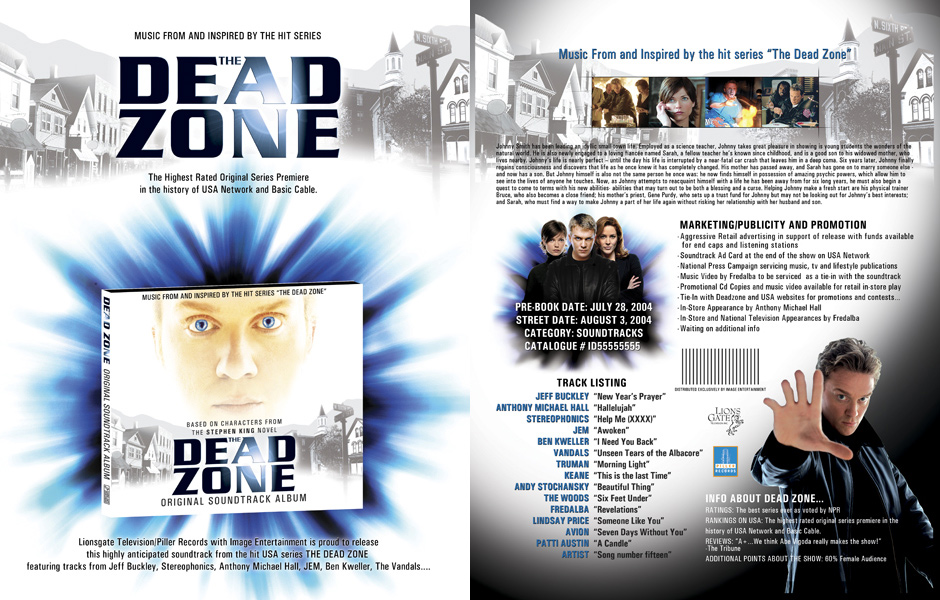

Renowned environmentalists, Jonathon Porritt CBE and Tony Juniper, chose Dead Zone as ‘book of the year’. Dead Zone - Book of the Year for Leading Environmentalists The new 10-minute documentary, a 2-minute version for social media use, and the paperback version of Dead Zone are essential new tools for Compassion’s campaign to help more people understand how they can play a part in saving our planet before it’s too late.Īll royalties from the book go to Compassion in World Farming. “Factory farming is a major driver in the decline of the world’s wildlife and thereby ecosystem collapse, which is why to preserve the natural world and future food supplies governments globally need to act and act fast before it’s too late.”Īgriculture currently occupies half of the Earth’s usable land surface, and that proportion is growing by the day at the expense of wild mammals, birds, reptiles, amphibians, and fish. Every time people choose intensively reared meat over pasture fed, organic or free-range they’re helping to fuel the destruction of forests and causing the loss of wildlife, such as the Sumatran elephant and the African penguin as well as wildlife closer to home such as hedgehogs and farmland birds. “However, few people are aware that their own daily food choices also have a huge impact on other wildlife thousands of miles away. Philip Lymbery says: “The BBC Series Blue Planet II has triggered a huge public interest in the natural world and the impact that our own shopping choices – for example, buying drinks in plastic bottles – can have on marine life.

In intensive farms, pigs and cattle are fed crops such as corn, soya or palm and as forests are felled in places like the Amazon and Sumatra to grow them, wildlife gets squeezed out. This incredible journey reveals how taking farm animals off pasture and confining them in ‘factory’ farms is draining the world’s natural resources and wiping out wildlife. Launched to mark the publication in paperback of Dead Zone: Where the Wild Things Were (Bloomsbury) on 8 March, the film follows Philip Lymbery, Chief Executive of Compassion in World Farming, from the rainforests of the Amazon to the Midwest plains of America to the palm plantations of Sumatra and the Po Valley in Italy.


 0 kommentar(er)
0 kommentar(er)
